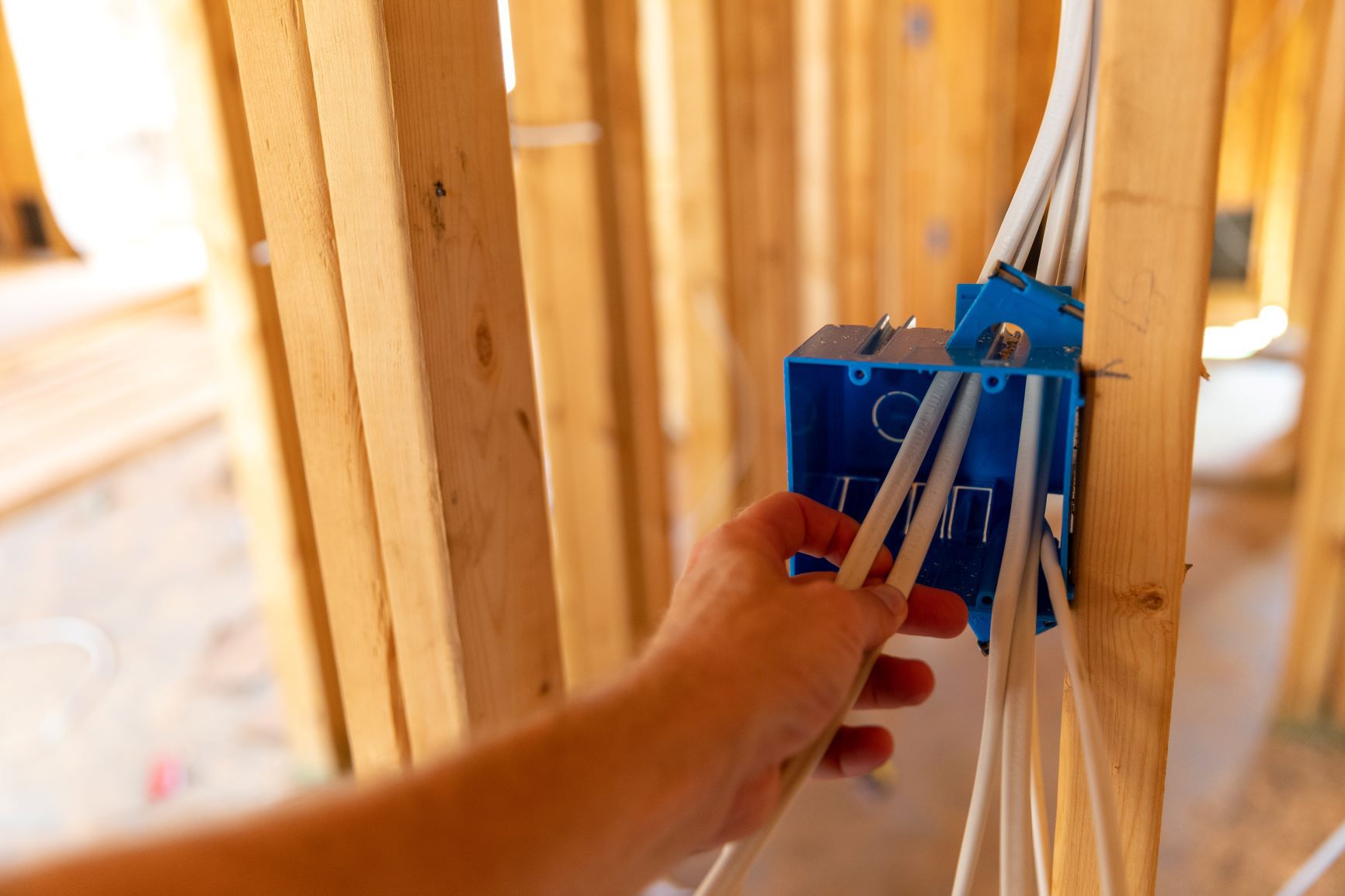Table of Content
To determine if the FHA loan for your second home or investment property is a good fit, speak with a lender or mortgage broker who can assist you in determining whether the loan is appropriate for you. The short answer is yes, an FHA-insured mortgage loan can be used to purchase a duplex property, as long as you meet a few key requirements. A duplex is a property with two units usually separated by a shared wall. Since the number of units is within what qualifies as a single-family home, a duplex should be eligible for an FHA loan.

FHA loans are a popular financing option for first-time homebuyers and those with limited resources or credit history. But did you know that you can also use an FHA loan to finance the purchase of a multifamily property? With an FHA loan, you can purchase a multifamily property with as many as four units. The down payment requirements are lower than for a conventional loan, and you can have a lower credit score and still qualify. If you’re thinking about purchasing a multifamily property, here’s what you need to know about using an FHA loan to finance the purchase. The down payment for a multifamily property may be significant, and the monthly rental income adds to the home’s equity.
b) Loans for Multifamily Housing
If your credit score is 620 or higher, qualifying DTI is decided on a case-by-case basis, but in no event will it be higher than 67%. This type of loan is insured by the Federal Housing Association, so it usually has a much smaller down payment requirement than a conventional loan does. It all depends on whether or not the applicant has experience as a landlord or a history or receiving rental income. This would be handled on a case-by-case basis and your loan officer will need additional paperwork or documentation to justify considering such potential income.
We are not paid for endorsing or recommending the lenders or loan originators and do not otherwise benefit from doing so. Consumers should shop for mortgage services and compare their options before agreeing to proceed. You must move to your primary residence within the time limit specified by the lender.
What is Considered a Multi-family Property?
Counteroffers are common, so don’t be discouraged if you have to go through a few rounds of renegotiating. If you think that the opportunity is too good to pass up, you’ll want to do some analysis surrounding the property, as well as cap rates, vacancy rates and local property market trends. Likewise, over time, these real estate properties hold the potential to grow significantly in value, providing an added windfall if you elect to sell them.
Borrowers can typically only have one outstanding FHA loan at a time, but a second may be allowed under certain circumstances. Scenarios where you’re relocating and haven’t yet sold your home, you’re going through a divorce or you’re co-signing a loan for someone can allow you to have two FHA loans at once. Before you open your doors to the public, you’ll need to make any repairs detailed in your inspection report and ensure that your multifamily home follows local codes.
Can Fha Loans Be Used For Multiple Properties?
There are a couple of different options when it comes to financing a multifamily property. One option is to use a conventional mortgage which allows the borrower to get both single-family multiunit homes up to 4 units and multifamily properties with 5 units or more. Not only can someone buy a multifamily property with 3.5% down payment, but one can also use rental income from the other units to qualify for the FHA multifamily loan. In order to use rental income, it depends on the buyer’s qualification as shown below.

The borrower must dwell in the property as their principal residence for at least one year. FHA.com is a privately-owned website that is not affiliated with the U.S. government. However, since the loan requires you to reside on the property, you’ll have to thoroughly check the rules and regulations.
This is because the down payment and credit score requirements are more relaxed. FHA loans are available for multi-unit properties, but the minimum down payment is still 3.5%. For example, if you’re buying a duplex, you would need to put down 3.5% of the purchase price on the home, plus any closing costs. A multifamily loan from the Federal Housing Administration is an excellent choice if you want to buy an existing multifamily property in good condition. These loans are not as easy to obtain as traditional, single-family FHA loans. Because of their lack of multifamily property experience, these loans are not the best option for investors who are unfamiliar with this type of property.
The mortgagee must check and record that three months of principal, interest, taxes, and insurance are available for 3 to 4-unit properties. Property taxes, insurance, mortgage interest, repairs and improvements, and advertising your home for lease can all be deducted as expenses. You’ll need to supply your tenants with a lease that meets local and state laws, as well as collect rent and respond to requests in order to keep the property.
This program can be used to essentially reconstruct the property as long as the foundation of the home remains in place. The only other requirement is that the repairs have to be worth at least $5,000. There’s also a limited 203 loan that may be less documentation intensive with a maximum repair value of $35,000.
HUD designates FHA-backed financing for 1- to 4-unit dwellings through its Section 203 and 203 mortgage insurance programs. Most FHA homebuyers use this program, which is intended for non-investors. The FHA also insures loans for certain nonprofit and government-entity investors, however. Under the traditional FHA mortgage program, clients can purchase a home with up to 4 units. The advantage of this is that borrowers can get favorable terms such as a low down payment and they may receive lower interest rates than they would with the typical multifamily loan. In addition, requirements for income, credit and debt-to-income ratio are less strict than many other loan options.
The non-occupying co-borrower is not an owner or occupant of the property, but their good credit score and steady income can be used to help you qualify for the loan. Based on FHA guidelines you need to occupy 1 unit and you can rent out other units which bring extra income. For people who are self-employed or have irregular or seasonal income, rental income that you may make from the property can be included in your application for a mortgage to acquire a house. This additional constant money might help you get approved for a conforming loan with a lower interest rate.
In lower-cost counties, the maximum FHA floor for the loan limit for a one-unit property is $420,680. In higher-cost locations, the upper end of the limits is $970,800. What’s more, you’ll also want to partner with a local real estate agent, as they understand the market, industry dynamics, and how property and rental trends are prone to fluctuating in the area. They can further offer quality advice on where to purchase and can help you determine whether a property is overpriced. For starters, you’ll want to seek out a property that is located in an area that will be appealing to renters. After all, a great location attracts high-quality tenants who will want to pay to live in the home.

No comments:
Post a Comment